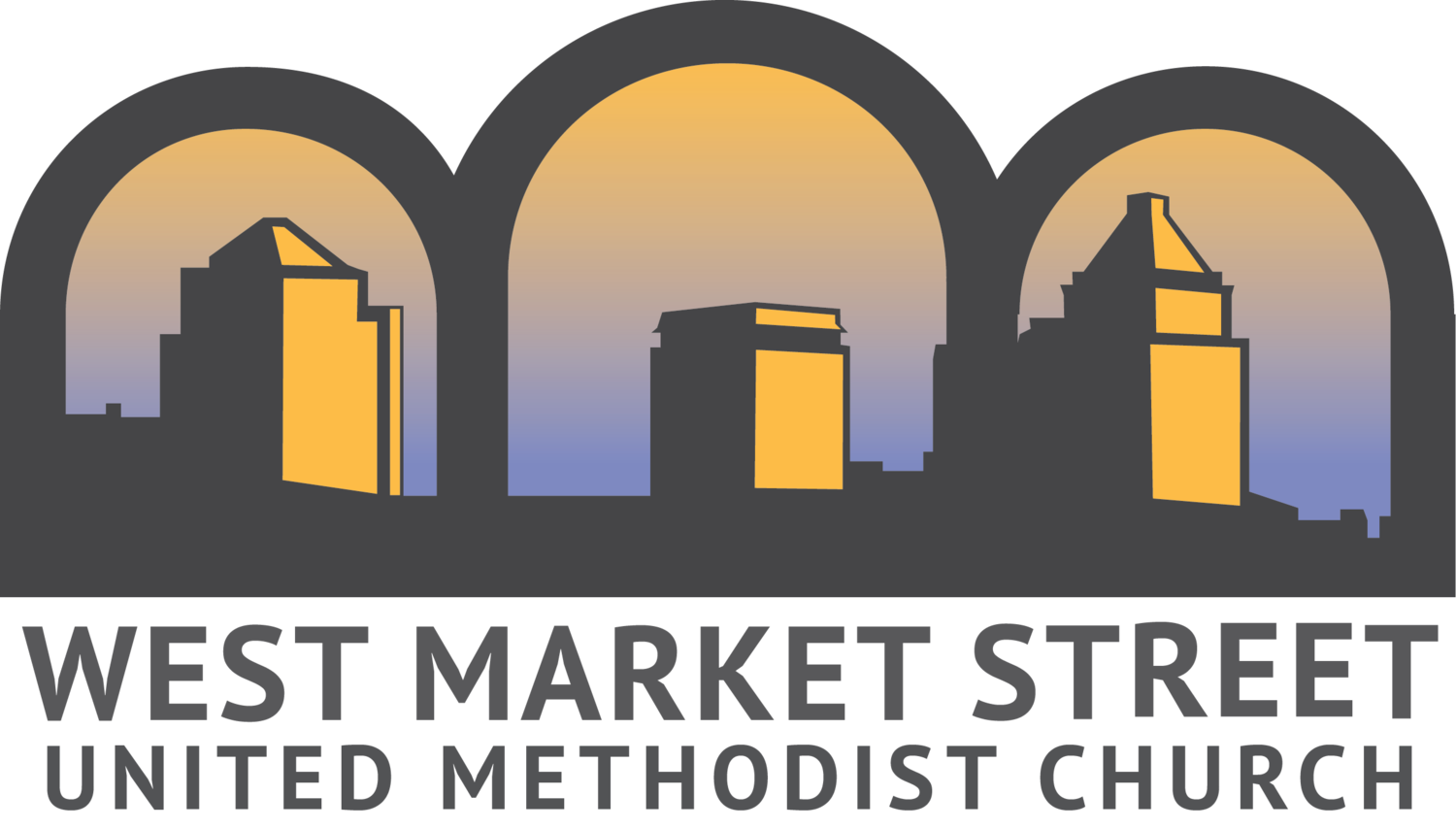June Shred-A-Thon - A Good Effort by a Great Team
Our church shred-a-thon took place on June 10th, 2023, in the ECC parking lot. We had a terrific team of volunteers this year, including several newcomers. Our thanks go out to Pastor Jeremy, Bill Sims, Dan Barden, Debbie Taylor, and Laura Wilson for joining in with our C4C team (Bryan Betts, Pete Johnston, and Sarah LeRoux). Unfortunately, the event operated at a loss this year for probably the first time ever. That may have been the result of a number of factors - not having the electronic sign available to alert businesses in the area, the increased cost of the shredding service, the timing of the event (after Tax Day rather than before), or other factors we are unaware of. We certainly advertised it in as many ways as we could, and we will continue to discuss ways to modify the event going forward.
That said, I want to say a bit more this month about the importance of thinking about how we use and dispose of the paper products in our lives. Most people appreciate that shredding confidential documents is important to prevent identity theft and many of us have a home shredder for this very purpose. But what many people do not know is that home shredding does little to help us care for creation. I have often shredded my documents at home until I recently learned that shredded paper can not be recycled through ordinary household recycling processes. That’s because the shreds can jam up the recycling process machinery. All my home shredded paper was ultimately ending up in the landfill! But when a shredding company truck does the work, the shreds are compacted inside the truck into a brick that is then recyclable.
Of course, another important way to care for creation is to use less paper to begin with – changing subscriptions, billings, and other communications from paper to digital helps, as does buying paper made from something other than trees. For example, do you know you can buy toilet paper sourced from bamboo? Traditional toilet paper alone requires 31.1 million trees to meet demands each year.
Wood based paper products can pose a huge environmental problem. Globally, illegal deforestation is happening at an alarming and life threatening rate, not just because of our dependence on paper, but also because forests are cleared for meat production, housing developments, commercial uses, and infrastructure expansion. Mature, healthy trees are an amazing ally for decarbonization of our environment. The fewer mature trees we have around the world, the less carbon dioxide is sequestered and the more goes into our atmosphere, increasing global warming and climate impacts. In turn, climate change has an impact on trees and other plants, as hardiness zones change, geographic areas become wetter or drier, and storm impacts become more frequent and intense. So reducing deforestation, as well as planting more trees, is critical.
As with many aspects of climate change and creation care, there are both individual and collective causes and responses to consider. And there is good news and opportunity, as well.
Although we often think of our church as limited by our urban setting (lack of garden space, problems with parking, etc.), as a downtown church, we can do outreach in the surrounding city in the form of tree canopy advocacy and tree planting action. Urban tree canopy is particularly important because:
Trees can reduce temperatures in cities as much as 10°F.
Every $1 million invested in urban forests creates about 24 full-time, living wage jobs.
Spending time around trees reduces stress, lowers blood pressure, improves mood and helps us live longer.
12,000 Americans die prematurely each year from heat-related causes. Planting trees is the cheapest, fastest and most effective way to directly lower temperatures and save lives in cities.
So, planting more trees in American cities combats excessive heat, prevents power failures, creates jobs, and increases public health and happiness. Everyone should have access to these benefits. While some areas of our city have an abundance of trees, other areas are almost barren. And rapid development also poses a threat to tree canopy, especially with the number of new businesses choosing to locate here.
So, let’s do our part as a large, downtown church. Individuals and families can join our C4C team this fall when we volunteer with Greensboro Beautiful to plant trees in a Greensboro neighborhood or city park. If you have open space in your yard or business, why not plant one or more native trees? And consider how your family uses paper products. Reduced use and recycling are two pieces of the puzzle!
